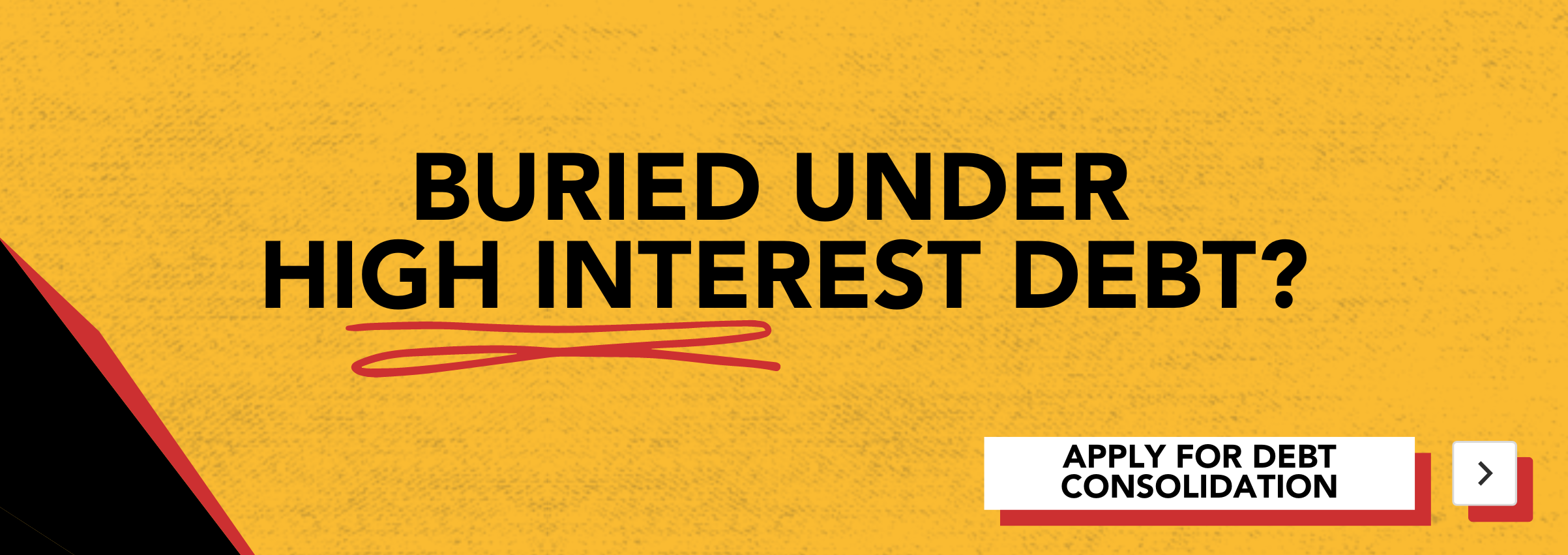-1.png?width=559&height=373&name=Blog%20header%20(1)-1.png)
In a world where financial uncertainty is all too common, gaining control over your money is essential for achieving stability and success.
Whether you're striving to pay off debt, save for the future, or build wealth for the long term, mastering your finances is the key to unlocking your financial potential.
In this article, we'll explore practical strategies to help you take control of your money and transform your financial outlook. From creating a budget and consolidating debt to building an emergency fund and exploring financial programs, we'll cover actionable steps you can take to empower yourself financially and pave the way for a brighter financial future.
Creating a budget: Your roadmap to financial wellness
Crafting a budget is the cornerstone of financial empowerment.
Start by examining your income sources and tracking your expenses. Categorize your spending into essentials like housing, food, and transportation, as well as discretionary expenses like entertainment and dining out. Be honest with yourself about where your money is going and identify areas where you can cut back or reallocate funds to align with your financial goals.
You can also utilize budgeting tools and apps to streamline the process and gain insights into your spending habits over time. Check out Louisiana FCU's Online Banking Platform, where you can create and manage multiple budgets for all your expenses.
Remember, a budget isn't about restricting yourself; it's about prioritizing what matters most and allocating your resources accordingly.
Relevant Article: 19 awesome things that happen when you start budgeting
Consolidating debt: Streamlining your financial obligations.
Debt can feel like a heavy burden but consolidating it can provide relief and clarity.
Consider options such as balance transfer credit cards, debt consolidation loans, or home equity loans to combine multiple debts into a single payment with a lower interest rate.
Not only does debt consolidation simplify your financial obligations, but it can also save you money on interest over time, allowing you to pay off your debt faster. It's important to evaluate the pros and cons of each consolidation method and choose the solution that best fits your needs and financial situation.
Building an emergency fund: Your financial safety net.
Life is full of unexpected twists and turns, which is why having an emergency fund is crucial.
Aim to save three to six months' worth of living expenses in a separate savings account designated for emergencies only. Start by setting achievable savings goals and making regular contributions to your emergency fund. Treat it as a non-negotiable expense, just like your rent or mortgage payment.
Having a financial safety net in place provides peace of mind and protects you from the stress of unexpected expenses, allowing you to weather any storm with confidence.
Relevant Article: Do I need an emergency fund?
Exploring financial programs: Leveraging resources for success.
If you are looking for resources to help gain control of your money, consider consulting with your financial institution or local credit union. You'll likely be able to access a variety of programs and resources to support your financial journey.
Whether you're a first-time homebuyer looking for assistance with down payments and closing costs or seeking educational resources to improve your financial literacy, take advantage of these offerings to enhance your financial well-being.
Explore programs like Louisiana FCU's Helping You Get There Program to access tools and resources tailored to your unique financial goals and circumstances.
Feeling in control of your money is empowering—it's about having the confidence and peace of mind to make smart financial choices that align with your values and goals.
By creating a budget, consolidating debt, building an emergency fund, leveraging available resources, and investing in your financial education, you can take ownership of your financial future and pave the way for long-term success and prosperity.
Remember, financial empowerment is a journey, not a destination—embrace the process, stay committed to your goals, and celebrate your progress along the way.
— Respectful Memes (@RespectfulMemes) April 5, 2020
Like this article? Subscribe to our blog and have great financial insights delivered to your inbox weekly.






